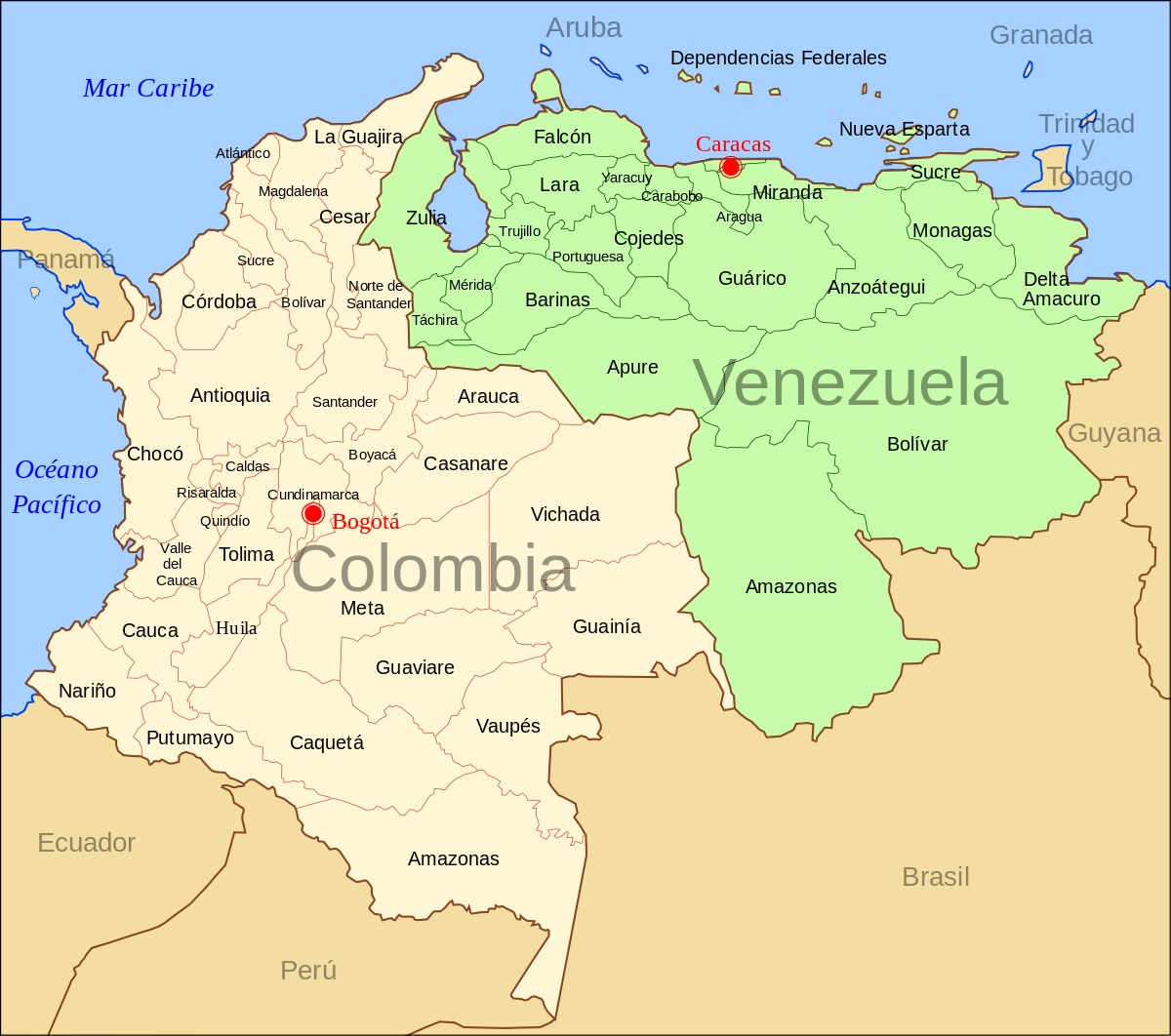RIO DE JANEIRO, BRAZIL – After seven years of closure, the reopening of the border between Venezuela and Colombia, announced by the elected president of the Andean country, Gustavo Petro, raises the expectations of business people to increase by more than 300% the formal exchange of products from next month.
According to estimates of the Venezuelan-Colombian Chamber of Economic Integration (Cavecol), with the opening, which is expected after August 7 -the date Petro will take office- the commercial exchange will reach US$1.2 billion this year.
Of the projected total, some US$876 million are expected to be traded between August and December, an increase of 317% compared to the same period in 2021, when US$210 million were exchanged.

Venezuela and Colombia share a 2,219-kilometer border, closed since 2015. Its reopening was one of the campaign promises of Petro, who, hours after winning the elections, contacted the Venezuelan president, Nicolás Maduro, with whom he addressed this issue.
Maduro assured that, after the triumph of the leftist, “a new stage of relations” was opened and made vows that Colombian and Venezuelan society would be “in tune for the search (…) of economic cooperation”.
COMPLEMENTARITY
The president of the board of directors of Cavecol, Luis Alberto Russián, told Efe that it opens the possibility for Colombian business people to invest or found companies in Venezuela.
“There is a complementarity between the two economies (…), there is a need. Some products are produced here that are needed there and (others that are) produced there that are needed here,” Russián said.
Agreeing with Russián, the president of Fedecámaras, the main Venezuelan employers’ association, Carlos Fernández, explained to Efe that the reopening will boost bilateral trade and “will help to improve the economy of both countries a little because of the complementarity” between them.
“There are many products that in Venezuela are of better quality, better price, that are needed there (…) there are also many raw materials that are produced in Colombia that are used in the transformation processes in Venezuela,” he said.
A CLOSURE OF ALMOST SEVEN YEARS
On August 19, 2015, Maduro closed the main border crossing between the Venezuelan cities of San Antonio and Ureña and the Colombian city of Cúcuta after three armed forces members and a civilian were injured in a confrontation with alleged smugglers.
Subsequently, it extended the closure to the rest of the border crossings.
From then until last year, trade exchange dropped by 70%, from US$1.4 billion to US$402 million.
Relations were further complicated in February 2019, when Maduro broke diplomatic ties with Colombia following his Colombian counterpart Iván Duque’s recognition of opposition leader Juan Guaidó as interim president.
TRADE AGREEMENT
According to the president of Fedecámaras, binational trade cannot be limited to this opening, but Venezuela has “to go to deeper integration processes” through a treaty that “facilitates, stabilizes and regulates” the exchange with “clear rules, compensation mechanisms (and) clear protocols of entry and exit of products by category”.
Russián believes that the reopening “could have an impact” beyond Venezuela and Colombia.
“There are binational chains that could be complemented or restructured, and then, perhaps, what is generated between the two countries could be contributed to third countries. It is a matter of being partners,” he added.
Last Monday, Venezuelan and Colombian businessmen signed an agreement to prepare the ground for the reopening, “which will boost the economy of both countries and, especially, of the state of Táchira”, according to Fedecámaras.
But although expectations are high, it is necessary to wait for Petro to take office and begin talks for diplomatic reconciliation, and this is, for the president-elect, “a process of reconstruction of many things”, as he stated in a recent interview with Colombia’s W Radio.
“There are some priority issues: opening trade on the border, recovering the border for the two States -which implies running, cornering, evicting the armed groups that today are on both sides of the border-, and the third has to do with Monómeros”, located in Colombia, he stressed.
Monómeros is a petrochemical subsidiary of Petróleos de Venezuela (PDVSA) with Colombian state participation, of which Guaidó took control in 2019 and is in judicial disputes.
During Duque’s term, the petrochemical company was one of the reasons that generated the greatest confrontation between both countries and which Petro put on his list of priorities, even though he did not specify what solution he proposed or what Guaidó’s role would be.
With information from EFE

